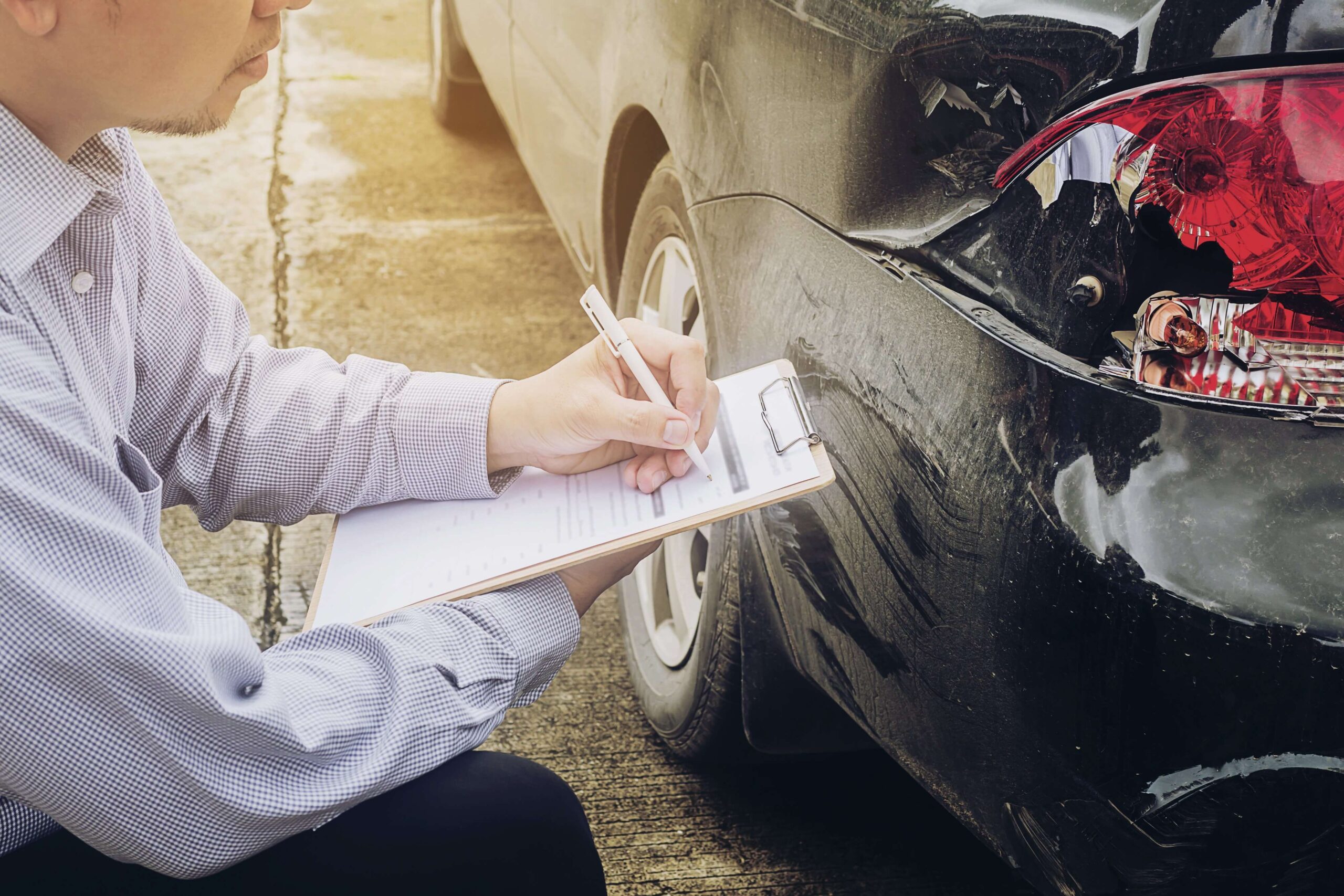Following the embarrassment of causing a minor accident comes the fear of a potential increase in car insurance rates. Even if you have lots of car insurance coverage, you may be tempted to keep the accident a secret from your insurance company and pay for the repairs out of pocket.
That may make sense if your car was the only one engaged, such as when you backed into a post. However, if you cause car damage or injuries to others, you may be liable for thousands of dollars. Here’s how to determine when to notify your insurer after an accident.
| Problem | Tell your car insurance company? |
| You put a dent in someone’s car and they suggest settling it privately with cash | Yes. Don’t make a private deal, in case they demand more money later. Suggest the person make a claim and tell your insurer about the accident. |
| You cause serious car damage to someone else | Yes, tell your insurer about the accident. There might be more costly damage than you realize. |
| You cause a car accident with injuries | Yes, tell your insurer. Injuries can easily lead to big medical bills. |
| You accidentally cause small damage to your own car, like backing into a pole | Don’t bother contacting your insurer if you have no collision coverage, or if the damage is less than your collision deductible. There would be no claim payment in that case. |
| You accidentally cause a lot of damage to your own car | Contact your insurer if you want to make a claim on collision coverage. Weigh the possibility that your rates could go up at renewal time because of the claim. If you don’t have collision coverage, there’s no reason to contact your insurer. |
Tell your insurer when other drivers are involved
Assume you make a poor driving decision and damage someone else’s car. It is risky to settle the accident with the other motorist without the support of your insurer. After all, you’re not really sure who you’re dealing with. What if you pay for the repairs, and he returns months later seeking more?
Your liability insurance protects you from litigation, and your insurance company is experienced with handling parties involved in an accident, no matter how angry they are. Liability coverage covers the damage and injuries you cause to others, as well as the legal defense costs if you are sued as a consequence of an accident.
To prepare for a potential claim against you, give the other driver your insurance information, call the cops, and report the incident to your insurance carrier. It’s also a good idea to photograph the damage to both cars before leaving the other driver. Depending on the jurisdiction, the police may not respond to the accident if no one is wounded and the damage is modest. In that situation, make a report to the police station. A police report is crucial documentation, and your insurance company will request a copy if you submit a car insurance claim.

Tell your insurer when serious car damage or injuries could be lurking
Others’ damage: Even if the other driver is honest and the accident was little, the damage may be more serious than it appears. ISO, a data analytics firm, estimated that the average property-damage liability claim in 2021 would be $5,314.
Others’ injuries: Similarly, it might be difficult to determine if injuries occurred at the scene of an accident. Some injuries, such as whiplash, produce delayed symptoms that may not appear straight away. You certainly do not want to be held liable for paying someone else’s medical bills. Let your insurer handle it. The average bodily injury liability claim in 2022 was $24,211, according to the Insurance Information Institute.
Your own car damage: Your car may have hidden damage. Your collision insurance will cover the repairs, minus your deductible. According to the Insurance Information Institute, the average collision claim in 2022 was $5,992. Your policy most certainly mandates you to notify the insurance company within a reasonable amount of time following the accident. Waiting too long may endanger claim payout.
When there is no need to file a car insurance claim
When the mishap concerned simply you and your car
- If you merely got liability insurance and did not add collision coverage, your policy will not cover damage to your car.
- Collision coverage will pay for damage to your car. However, if you backed into a concrete pillar and dented your bumper, you might consider paying for the repairs yourself or simply leaving the dent rather than submitting a collision insurance claim. Request a fast repair estimate. If the repair costs less than your deductible, there’s no reason to file a claim. The deductible is the amount you pay out of pocket for a repair.
If a claim might raise your rates
If your car’s repair expenses exceed your collision deductible, you must decide whether the insurance reimbursement is worth the risk of a future rate increase. Whether your insurance rates rise after a claim is determined by your previous claims history, your insurance company’s policies, and even your state, which may limit the circumstances under which insurers can add a surcharge to your premium. Surcharges – industry jargon for premium increases — normally last three to five years and may gradually reduce during that time.
Whether or not your rates increase after filing a car insurance claim, it’s always a good idea to compare car insurance quotes at renewal time to ensure you’re getting the best deal.


